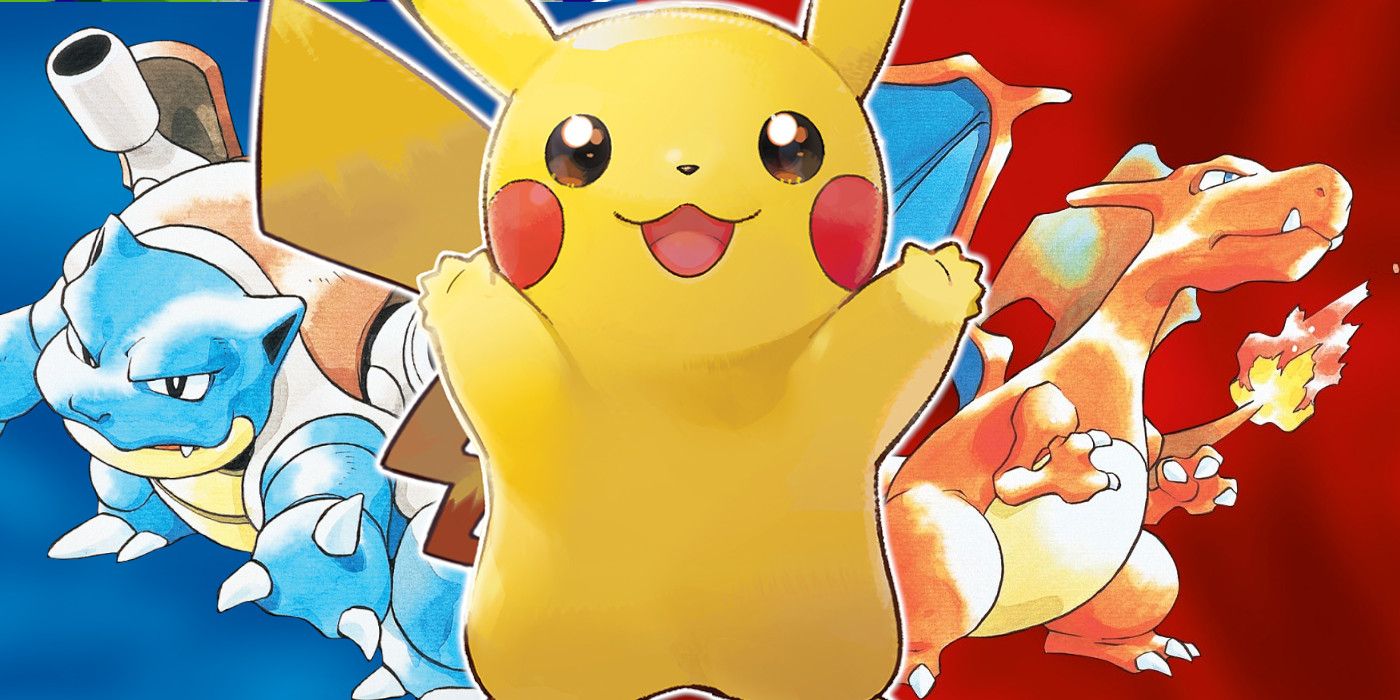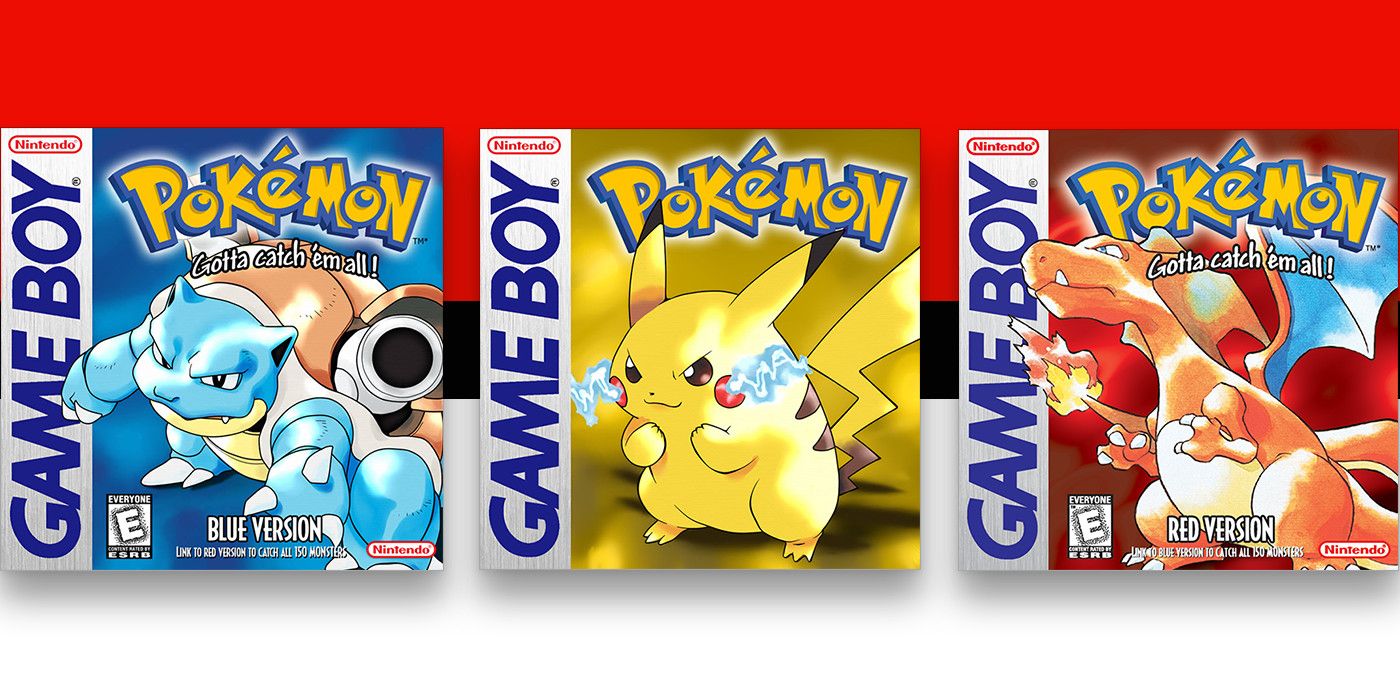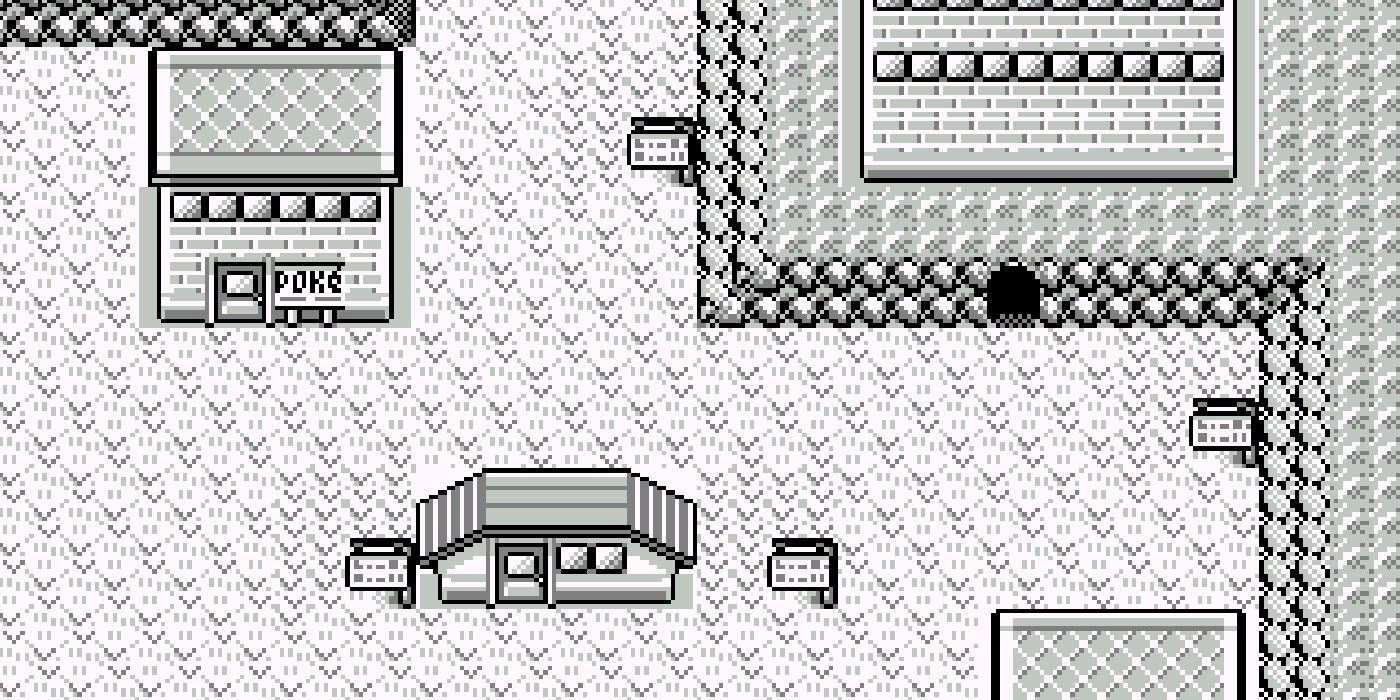The original generation of Pokémon games created Pokémania. They were immensely popular, estimated to have sold around 45 million copies overall. When Game Freak developed those original titles, it was a small studio with no huge hits under its belt. So, Pokémon Red & Green were immense undertakings. Development wasn't a smooth process, taking around six years in total. Bearing that in all mind, are they still enjoyable experiences today, or is generation one a frustrating relic that show how much the industry has evolved over the years?
When discussing generation one, the first thing that comes to mind for many is the roster of available Pokémon. Now the most iconic (and many would argue, oversaturated) creatures in the Pokédex, there are many casual players today who remember these monsters with great fondness. Overall, the designs of the creatures are solid, the angular eyes and more monstrous, aggressive looks make them feel suitably powerful and dangerous. Despite their overexposure, there is a reason why creatures such as Charizard and Mewtwo have remained so beloved.
However, these initial games are notorious for their bugs and balancing issues. The psychic type is a rampantly powerful, an unchecked force within generation one. The special attack and special defense stats were one unified stat simply called special, meaning psychic Pokémon with high special stats were incredibly strong and also able to tank many of the game's most powerful attacks. Rather amusingly, the psychic type has no actual weakness in the game either. Only one regular ghost move exists in the game, the abysmal Lick, and psychic types resist ghost in this generation anyway. Bug is its only correctly implemented weakness, but no good bug moves exist, the best being the twenty-five base power Twineedle which is exclusive to Beedrill - a Pokémon weak to psychic due to its poison typing.
Critical hits are calculated through a Pokémon's speed in these games, meaning incredibly fast Pokémon can essentially land critical hits with every attack and slower ones will almost never land them at all. Many psychic Pokémon such as Alakazam, Starmie and Mewtwo also have very high speed stats, making them critical hit machines on top of being the most overpowered type in the game.
One of the most well-known glitches of the games is the badge boost glitch. When obtaining a new badge a certain stat is increased for all of your creatures. In battle, this stat boost is re-applied whenever a move lowers or raises the stats of the player's Pokémon, allowing players to make their monsters incredibly powerful.
Generation one was long before the physical and special split, one of the best quality of life features the series ever implemented. In these games, each move is designated as using the attack or special attack stat based on type alone. The reality of this is that some Pokémon, such as Gyarados, are unable to use their same type attack bonus (STAB) effectively as water-type moves are all special and Gyarados is a physical attacker.
This stipulation can be limiting when it comes to Pokémon selection, although a casual playthrough will still likely be able to use whichever monsters the player sees fit with little difficulty. The games are trickier than modern installments, but still easy enough that they can be enjoyed without stressing over optimal strategies and competitive movesests.
The story of generation one is incredibly barebones - and it is all the better for it. Pokémon games would later follow a repeating formula of an evil organization attempting to use a legendary Pokémon to destroy, reshape or take over the world as the player sets out to stop them. Generation one is a personal story solely about the player, their Pokémon and their quest to be the very best. It doesn't need overinflated stakes as tension comes from the players' own experiences. Barely surviving an attack from Sabrina's Alakazam and successfully mounting a comeback is a more effective moment than a scripted story beat in which the player is forced to listen to a villain monologue.
While FireRed & LeafGreen and Let's Go, Pikachu! & Let's Go, Eevee! may be technically superior and more polished versions of the Kanto region, there is an undeniable charm to playing through generation one again even today. The iconic soundtrack has never sounded better than the original 8-bit version from the Game Boy, and seeing the original Pokémon sprites prior to the design revisions that we know today serves as an interesting time capsule.
The fact is that when choosing to play generation one again, players must accept the glitches as part of the gameplay. These games are far from the best entries to the series. Still, they're worthwhile experiences, especially for those that have never played them and want to see exactly where this juggernaut of a franchise began.



